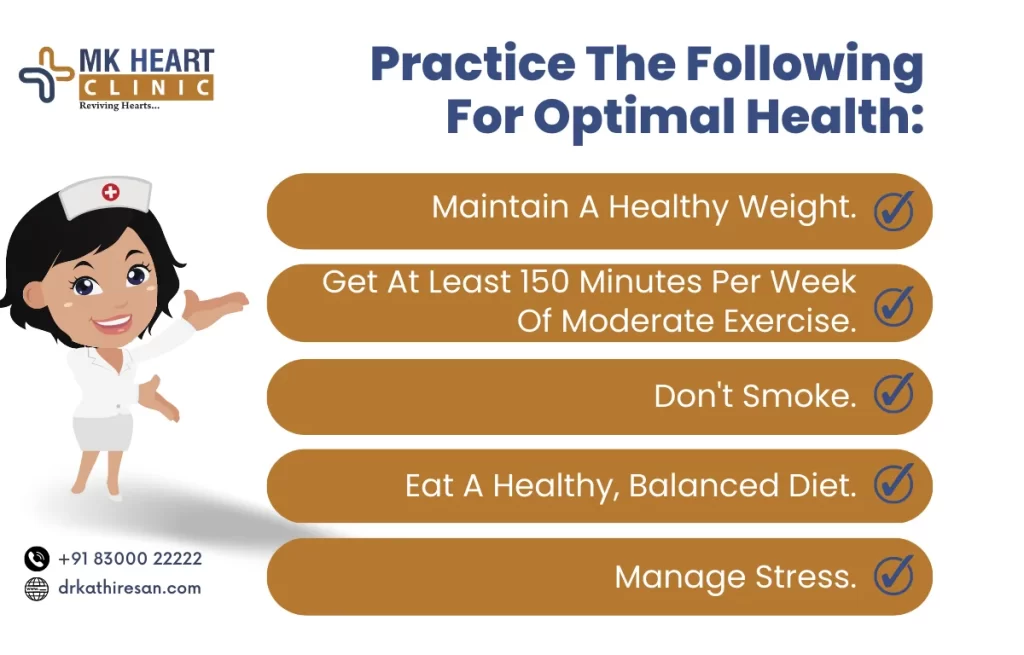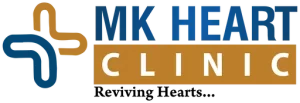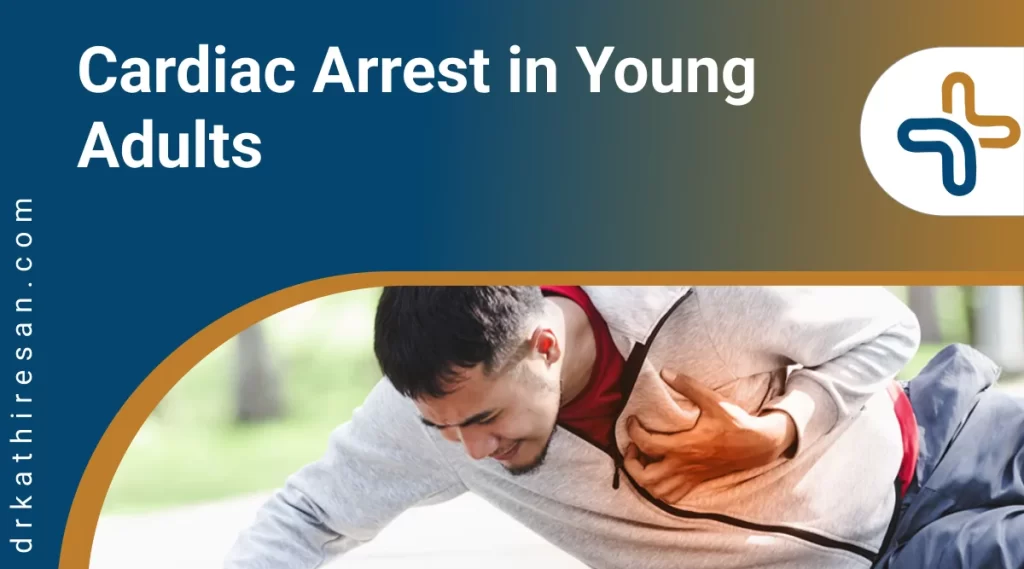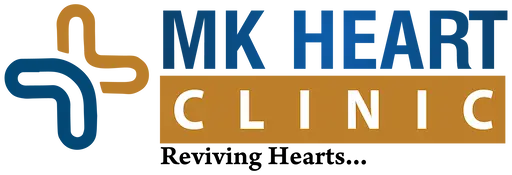The prevalence of sudden cardiac arrest in young adults is on the rise, which we should all be aware of. Cardiac arrest in young adults can be life-threatening and is a major cause of death in this age group. It is important to know the warning signs and what you can do to prevent them. In this blog post, we’ll discuss why cardiac arrest in young adults is on the rise and what you can do to reduce your risk.
Reason For Cardiac Arrest In Young Adults On The Rise
According to the Centers for Disease Control and Prevention (CDC), the rate of sudden cardiac arrest in young adults aged 18-24 has tripled in the last decade. This alarming trend is due to several factors, including an increase in underlying heart conditions that may not be diagnosed until it’s too late. Sudden cardiac arrest in young adults can be fatal and need a medical emergency.
It occurs when the heart suddenly stops pumping blood, leading to a loss of consciousness, breathing problems, and ultimately death if medical intervention isn’t received quickly. The most common signs of sudden cardiac arrest are fainting, chest pain, shortness of breath, and dizziness. If you or someone you know is experiencing these symptoms, seek medical help immediately.

The Common Cause Of Sudden Cardiac Arrest In Young Adults
The most common cause of (SCA ) cardiac arrest in young adults is an underlying heart condition such as cardiomyopathy or coronary artery disease. Cardiomyopathy is a condition where the heart muscle becomes enlarged and cannot pump blood efficiently, while coronary artery disease is a narrowing of the arteries that supply blood to the heart muscle. These conditions can lead to arrhythmia, or irregular heartbeat, which can cause sudden cardiac arrest.
Young adults need to be aware of the signs of sudden cardiac arrest. These include fainting, chest pain, shortness of breath, dizziness, palpitations, fatigue, and lightheadedness.
If any of these symptoms are present, medical attention should be sought immediately as they may indicate an underlying heart condition. Additionally, it’s important to get regular checkups with a healthcare professional to assess for any potential heart problems.
By recognizing the signs of sudden cardiac arrest and taking proactive measures to ensure your heart health, you can help prevent this potentially fatal condition in young adults.
What Prevention Measures Can One Take To Avoid Cardiac Arrest In Young Adults?
Regularly monitor and recognize the signs of sudden cardiac arrest. These can include chest pain, shortness of breath, fainting, or a racing heart rate. Make sure to contact your doctor immediately if you experience any of these symptoms.
- Make sure to keep up with regular physical check-ups. Many times, heart problems can be detected in routine physical exams. Your doctor will be able to perform an electrocardiogram (ECG) test that looks for any abnormalities in your heart rhythm that could cause sudden cardiac arrest.
- Exercise regularly and maintain a healthy weight. Exercise helps to strengthen the heart muscles and reduce the risk of sudden cardiac arrest.
- Avoid risky behaviors such as smoking and excessive drinking. These behaviors increase the risk of developing serious heart conditions that can lead to sudden cardiac arrest.
- Know your family history. If you have a family history of heart disease, make sure to get tested regularly for any abnormalities that could increase your risk for sudden cardiac arrest.
By following these preventive measures, you can greatly reduce your risk of experiencing sudden cardiac arrest. Make sure to talk to your doctor if you have any questions or concerns about your heart health.
Cardiac Arrest Symptoms
Cardiac arrest is a life-threatening condition with immediate symptoms that demand urgent attention. Four signs of cardiac arrest include:
- Sudden Loss of Consciousness: A person experiencing cardiac arrest will often collapse suddenly and lose consciousness without any warning.
- Absence of Pulse: Check for the absence of a pulse in the carotid artery (neck). In cardiac arrest, the heart stops pumping effectively.
- No Normal Breathing: The person may not be breathing or gasping for air abnormally.
- Unresponsiveness: There is no response to stimuli, such as shaking or calling their name.
It’s crucial to initiate cardiopulmonary resuscitation (CPR) immediately and seek emergency medical assistance. While cardiac arrest is more common in older adults, awareness of cardiac arrest in young adults is essential, as it can occur due to various factors, including congenital heart conditions or drug-related issues. If a young adult exhibits these signs, prompt action is paramount for a better chance of survival.
When To Meet A Doctor?
The first step in preventing sudden cardiac arrest is identifying and understanding risk factors. The most common risk factors for sudden cardiac arrest in young adults include a family history of heart disease, smoking, high cholesterol, and high blood pressure.
Regular check-ups with your doctor are important in detecting any potential signs of sudden cardiac arrest, such as an irregular heartbeat, shortness of breath, chest pain, or dizziness.
Early diagnosis of a heart condition can help prevent sudden cardiac arrest and potentially save your life. Be sure to communicate with your doctor about any family history of heart disease and any symptoms or signs you experience. The earlier a heart condition is identified, the more likely it is to be managed successfully.
Conclusion
You can avoid cardiac arrest in young adults when you adopt healthy lifestyles, few points are discussed above in the blog here on how to get rid of this sudden cardiac arrest, just go through the blog carefully. Prevention is better than cure, So before it gives any alarming signs you should avoid it.



